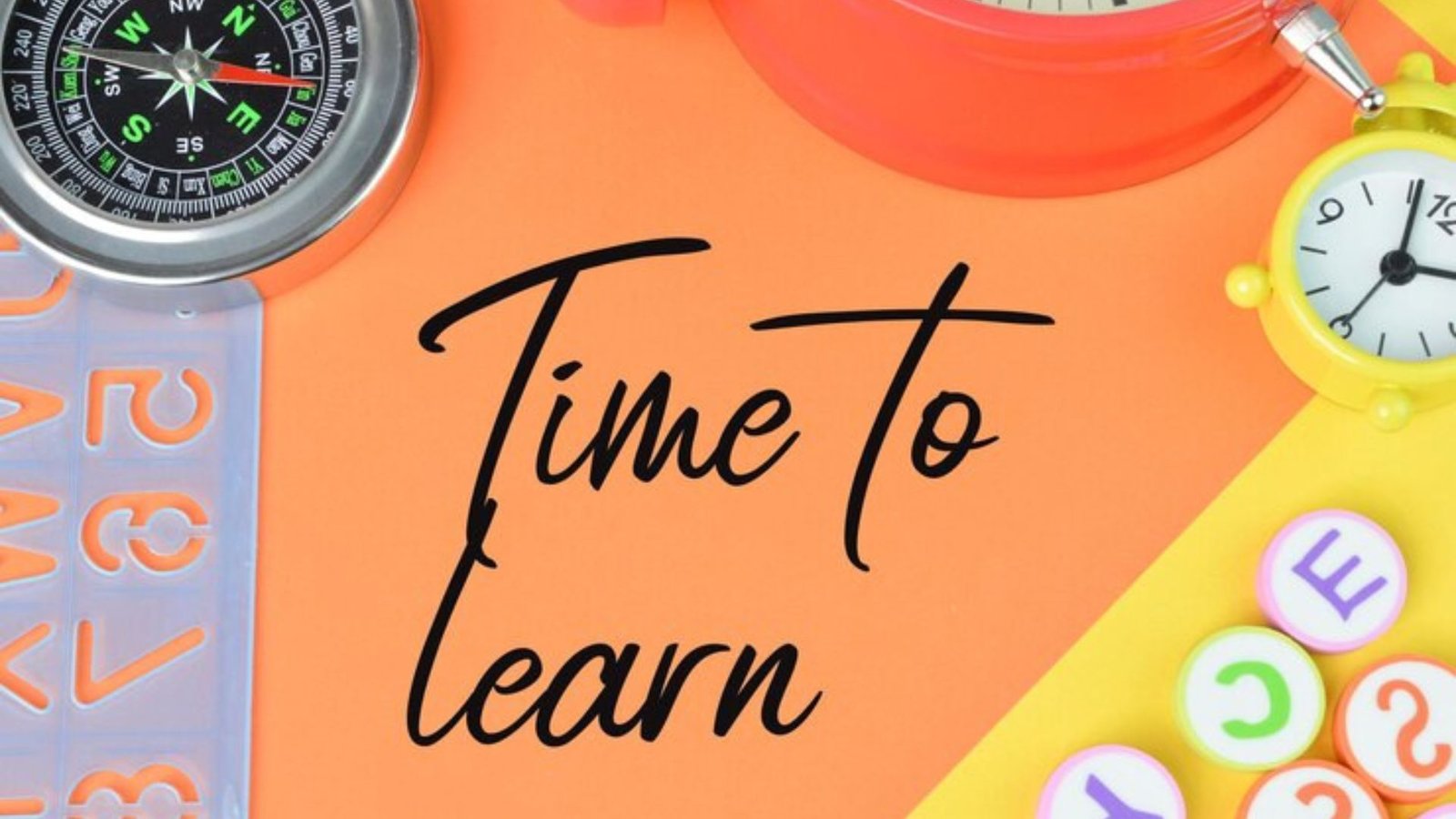Learning is a lifelong process, and the ability to learn faster is a skill that can help in many aspects of life, from academic success to professional growth. Whether you are a student trying to retain more information for exams or a professional looking to acquire new skills quickly, learning efficiently is key. This article explores proven strategies and techniques that can help you learn faster and retain information more effectively.
The Science Behind Learning Faster
To understand how to learn faster, it’s crucial to first understand how the brain works. Neuroscience has uncovered several insights into how we process and store information. Learning faster is not just about cramming more information into your brain—it’s about optimizing how you acquire, retain, and retrieve that information.
Neuroplasticity and Memory Retention
Neuroplasticity refers to the brain’s ability to reorganize itself by forming new neural connections throughout life. This means that the brain can adapt and change in response to new experiences, which is essential for learning. When you practice a new skill or study a topic, your brain forms neural connections that make it easier to retrieve that information later.
Memory retention is another important factor in learning. The more effectively you can store and retrieve information, the faster you can learn. Practices such as spaced repetition, active recall, and sleep are essential for improving memory retention.
Tips and Techniques to Learn Faster
Now that we understand the basics of how learning works, let’s dive into the specific strategies that can help you learn faster.
Active Learning
Active learning involves engaging with the material actively rather than passively reading or listening. For example, instead of simply reading a textbook, take notes, summarize key points, and ask questions about the material. Engaging with the material in different ways reinforces the information in your brain, making it easier to recall later.
Spaced Repetition
Spaced repetition is a technique where you review information at increasing intervals over time. This method is highly effective for long-term retention of information. Tools like Anki and other spaced repetition software can help you implement this strategy efficiently. By reviewing information at strategic intervals, you prevent forgetting and strengthen your memory.
Teach What You’ve Learned
Teaching others what you’ve learned is one of the best ways to reinforce your understanding. When you explain a concept to someone else, you force yourself to clarify your thoughts and fill in any gaps in your knowledge. This process deepens your understanding and helps you retain the information more effectively.
Use Mnemonic Devices
Mnemonic devices are memory aids that help you remember information through associations. For example, creating acronyms, rhymes, or visual imagery can make complex information easier to recall. A classic example is using the acronym “ROYGBIV” to remember the colors of the rainbow. Mnemonics help to reduce cognitive load and make learning more efficient.
Focus on the Basics First
Before diving into advanced material, make sure you have a solid grasp of the foundational concepts. Learning the basics first creates a strong framework for understanding more complex ideas later on. If you try to jump straight into complex topics without mastering the basics, you’ll likely struggle to retain the information.
Stay Organized
An organized study plan can drastically improve your learning speed. Break down your learning material into manageable chunks, set specific goals for each study session, and track your progress. Use tools like to-do lists, calendars, and apps to stay on top of your study schedule. An organized approach ensures that you don’t waste time searching for resources or forgetting important tasks.
Eliminate Distractions
Distractions can significantly hinder your ability to focus and learn efficiently. Create an environment conducive to learning by eliminating distractions. Turn off notifications on your phone, close unnecessary tabs on your computer, and choose a quiet place to study. The fewer distractions you have, the easier it will be to concentrate and learn faster.
Get Plenty of Sleep
Sleep plays a crucial role in memory consolidation. During sleep, your brain processes and stores information learned during the day. If you don’t get enough sleep, your brain struggles to retain and recall information. Aim for 7-9 hours of quality sleep each night to maximize your learning potential.
Take Regular Breaks
Taking breaks is essential for maintaining focus and preventing burnout. Research suggests that taking short breaks every 25-30 minutes (the Pomodoro Technique) helps to maintain productivity and cognitive function. During your breaks, stand up, stretch, or take a walk to recharge your brain.
Practice Retrieval
Instead of passively reviewing your notes, practice recalling the information from memory. Retrieval practice strengthens neural connections and improves long-term retention. Test yourself on what you’ve learned, whether it’s through flashcards, quizzes, or simply writing down everything you remember.
Visualize Information
Visualization is a powerful tool for learning. Creating mental images or diagrams can help you better understand complex concepts. For example, if you’re learning a new language, you can visualize the objects associated with new vocabulary words. Visualizing information makes it easier to connect abstract ideas to concrete images, enhancing your learning speed.
Stay Curious and Motivated
Curiosity is a natural motivator for learning. When you’re genuinely interested in a subject, learning becomes easier and more enjoyable. Stay curious by exploring topics that intrigue you and relate new information to your personal interests. A strong motivation to learn can significantly improve how quickly and effectively you retain information.
Conclusion
Learning faster isn’t just about working harder—it’s about working smarter. By implementing strategies such as active learning, spaced repetition, and visualization, you can optimize your learning process and retain information more efficiently. Additionally, maintaining focus, staying organized, and getting enough sleep are essential for boosting your brain’s ability to absorb and store information. Ultimately, the key to learning faster lies in consistency and a commitment to continuous improvement.
ALSO READ:Understanding Commitzen: A Comprehensive Guide To Its Usage and Benefits
FAQs
How can I learn faster without cramming?
To learn faster, use techniques such as active learning, spaced repetition, and retrieval practice. These strategies improve retention and help you avoid the need for last-minute cramming.
Does sleep really affect how fast I can learn?
Yes! Sleep plays a crucial role in memory consolidation. Getting enough quality sleep helps your brain process and store the information you’ve learned, making it easier to recall later.
What is the Pomodoro Technique?
The Pomodoro Technique involves working in short, focused intervals (usually 25 minutes), followed by a short break. This method helps maintain focus and productivity, preventing burnout.
How can I make learning more fun?
To make learning more enjoyable, try relating the material to your personal interests, using visualization techniques, and incorporating interactive elements like quizzes or games into your study sessions.
Is it better to learn in a group or alone?
It depends on your learning style. Some people learn better in a group where they can discuss and teach concepts to others. However, others may prefer learning alone to minimize distractions and focus more deeply on the material.

